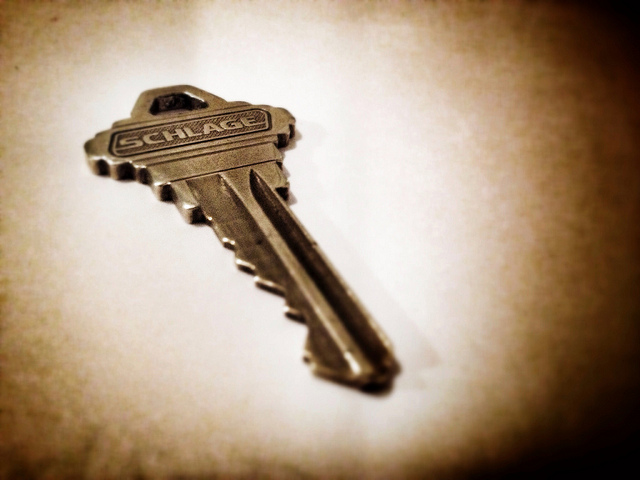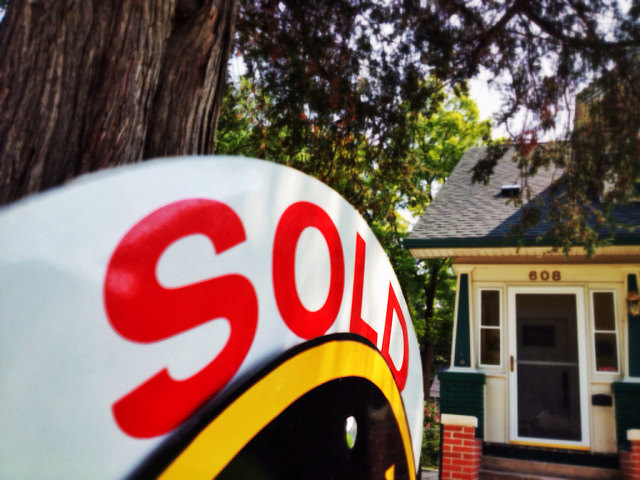According to the Mortgage Bankers Association’s Weekly Applications Survey, average mortgage rates were relatively flat last week. There were slight declines in rates on 30-year fixed-rate mortgages with conforming balances, loans backed by the Federal Housing Administration, and 15-year fixed-rate loans. Loans with jumbo balances, on the other hand, ticked up from the week before. Despite favorable rates, however, demand for mortgage applications fell from the week before. In fact, refinance demand was down 9 percent and purchase application demand – which is a good indicator of future home sales – was down 4 percent. Michael Fratantoni, MBA’s chief economist, told CNBC that the Fed’s anticipated rate hike – which may’ve played a role in declining demand – may not come as soon as some have expected. “Given recent economic growth and job market health, we had been expecting a September rate hike,†Fratantoni said. “However, given recent financial market volatility and global growth concerns, along with still-low US inflation, we are expecting the first rate hike to be moved to December 2015.†The MBA’s weekly survey has been conducted since 1990 and covers 75 percent of all retail residential mortgage applications. More here.











